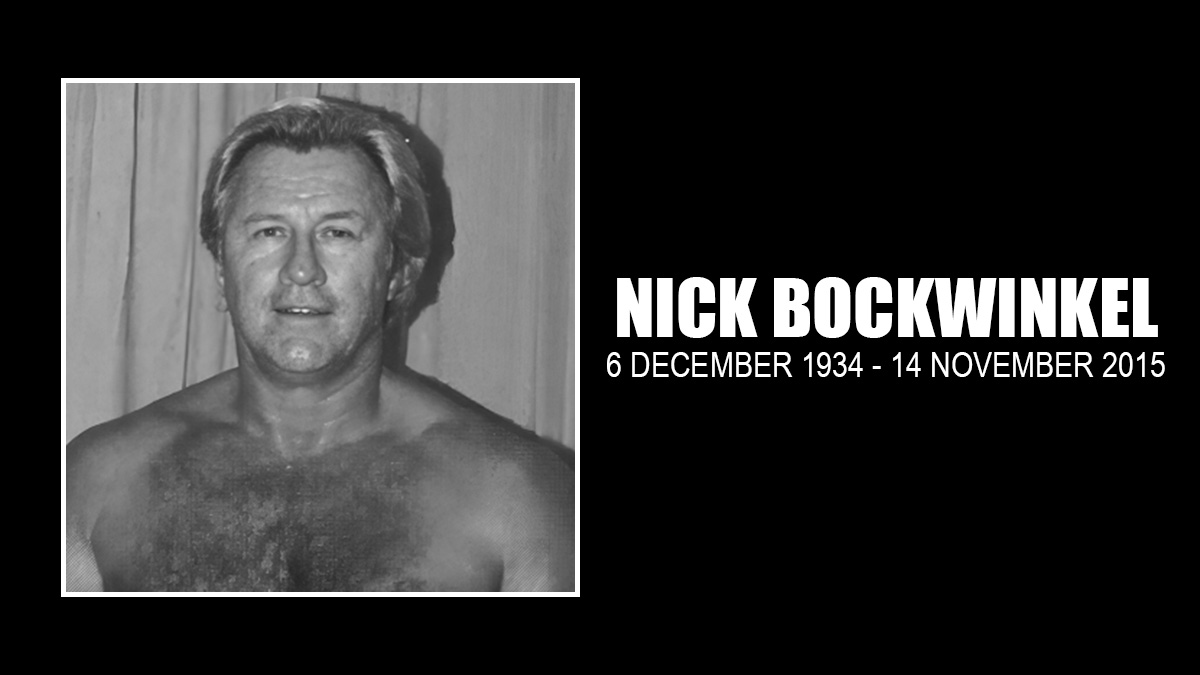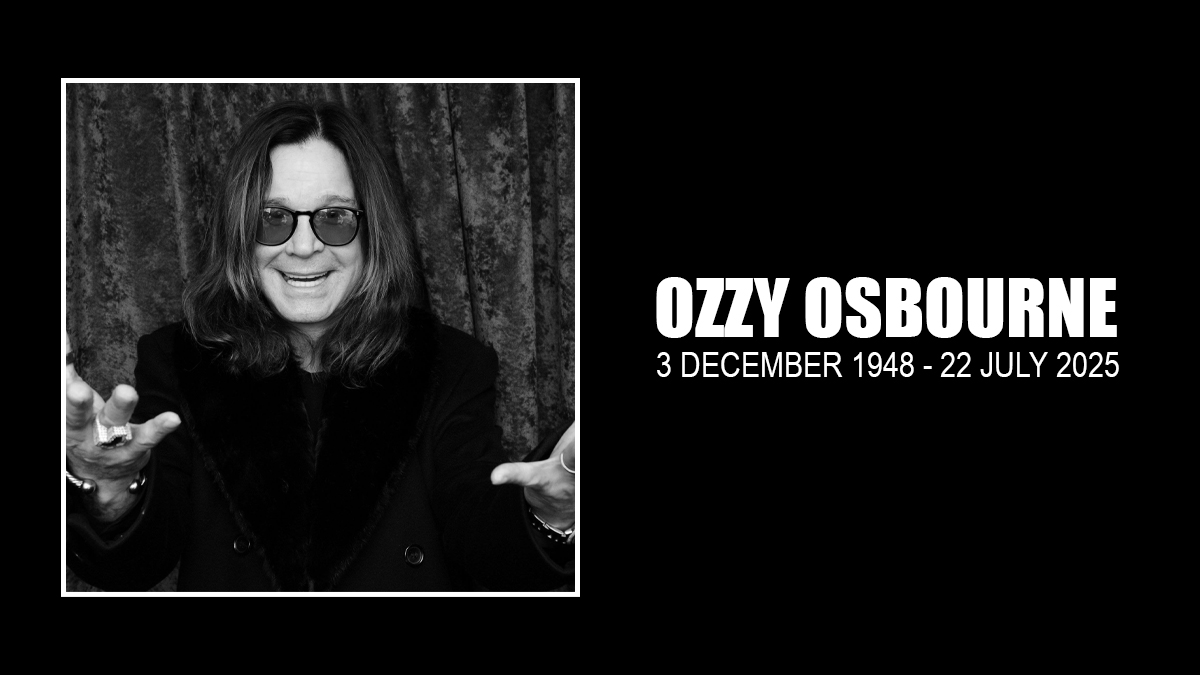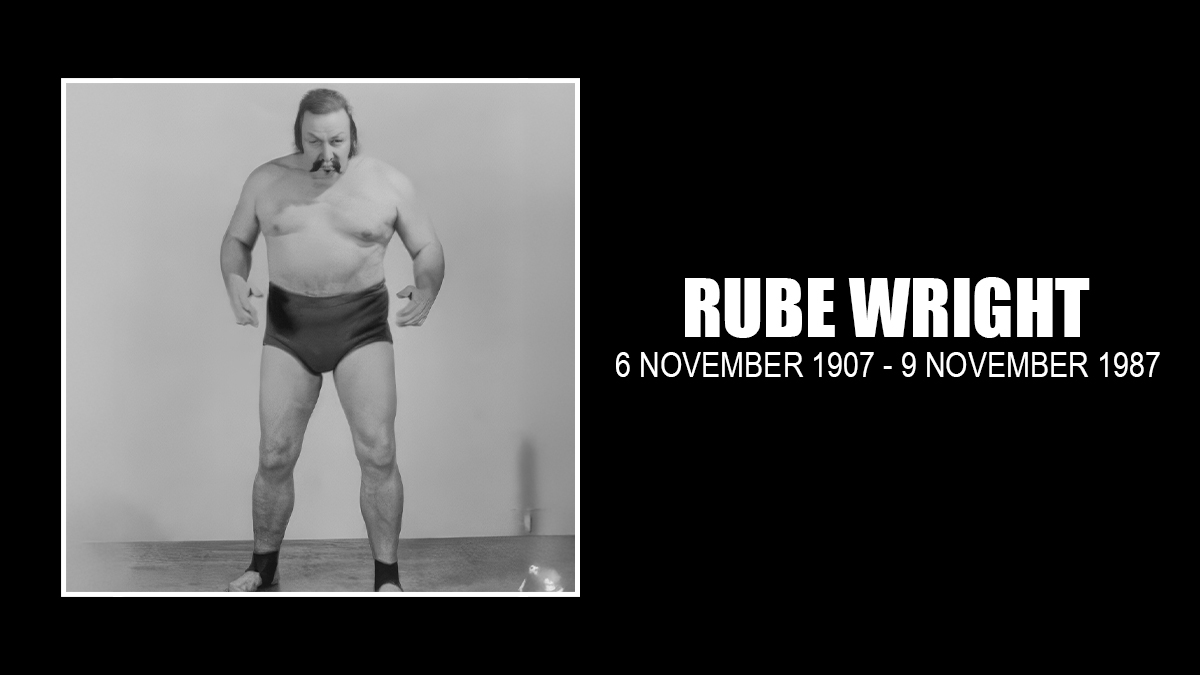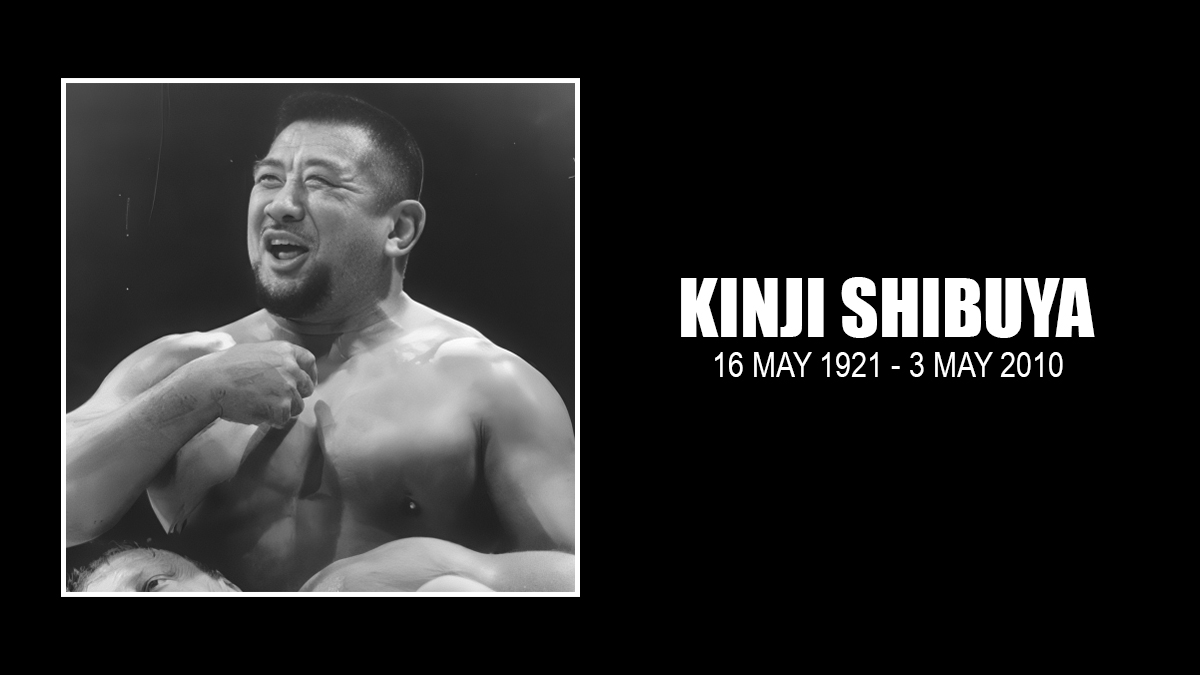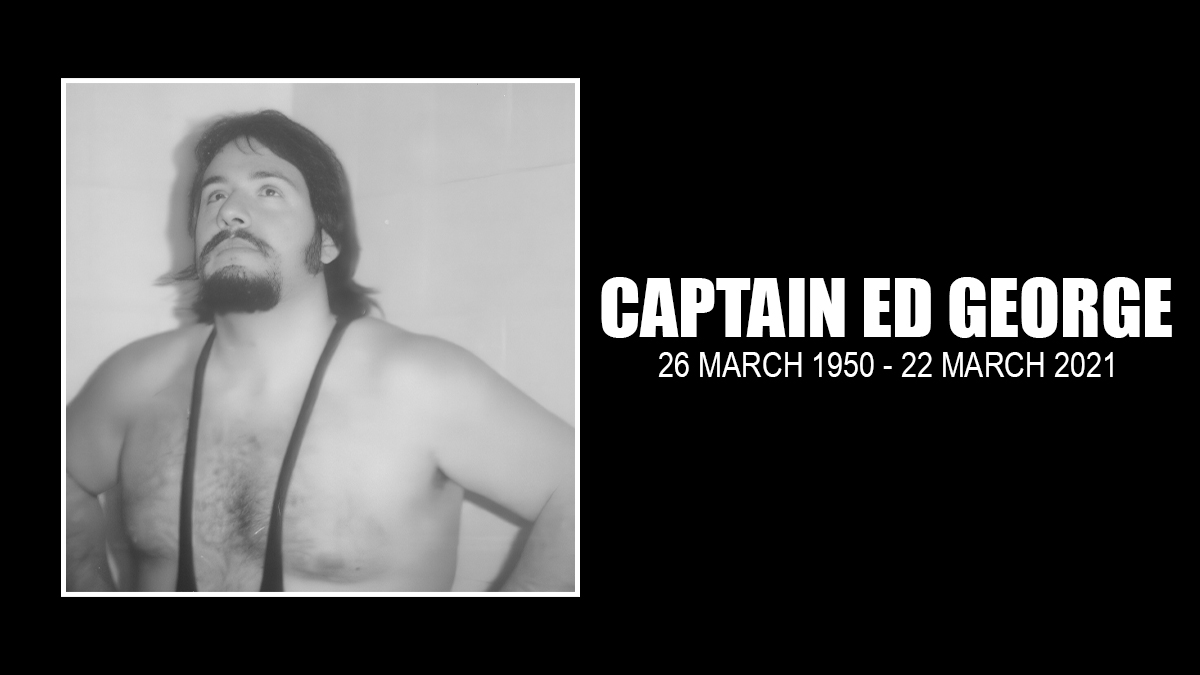During his heyday as one of the most articulate heels of all time, Nick Bockwinkel, who died Saturday at the age of 80, had a secret weapon, and for those familiar with his eloquent discourses on the state of the world during interviews, it shouldn’t surprise: it was a dictionary. Well, actually it wasn’t one dictionary, but many. He had a little notebook that he wrote down interesting words into, and began to learn them and their meanings.
“I used to use the four, five or six syllable words as best I could,” expounded Bockwinkel in The Pro Wrestling Hall of Fame: The Heels. “If I ran across one I didn’t know, I had a little dictionary. I would have this little dictionary, with 70 or 80 words, that I would always be perusing. I had it with me all the time. Automatically, some of these words just starting coming to me in my interviews because I was familiar with them.”
With his passing Saturday night, around 7:30 pm PT, after many years battling memory issues, the world is robbed of one of the classiest individuals ever to step into the wrestling ring – or to the microphone.
Memphis announcer Lance Russell praised “Tricky Nick’s” arrogance and condescension. “He made it a point to let that come across, and he played that so beautifully that he was the nose-in-the-air, smelling something bad, you lowly peons. Nick had that down to a ‘T’. The guy could really wrestle.” Larry Hennig described both sides of Bockwinkel: “articulate and meticulous.”
The son of pro wrestler Warren Bockwinkel, Nick was born December 6, 1934 in St. Louis, Mo., and switched high schools six times. Though he grew up around wrestlers, Nick said he was encouraged by his father to play football. He got a wrestling and football scholarship to Oklahoma, where he studied Physical Education, but two knee injuries derailed any gridiron dreams. “At a college like that, number one in the nation, they don’t keep you if you’re a freshman and have two knee operations,” said Nick. “My dad said, ‘Well, come on home. We’ll start you wrestling.'” (Perhaps his dad always knew wrestling was in his son’s future; he used to send out a photo of a 16-year-old Nick, at a well-built 185 pounds, with his publicity, saying that he’d be available in four years.)
His father was his main trainer. “I had been raised by him showing me moves and holds from the time I was six, seven, eight, nine, ten years old. So there was a whole lot that I knew,” he said. “So my dad taught me an awful lot and I always had good people around me. If there was somebody I liked, I’d see them as say, ‘Show me how you make that move.’ And the guy would show me and I would try and duplicate it, see if I could get it down.”
The early days of his career, begun in 1955, were spent as a babyface, around Los Angeles, where he finished a degree in marketing at UCLA. Wrestling was a way to pay for school. “As a babyface? I was okay. I was alright. I was good if I had a hot enough issue, and depending on where it was, that sort of thing,” said Bockwinkel, who admitted he patterned a lot of his style after Wilbur Snyder, who later became a tag team partner. Around L.A., the father-son Bockwinkel team got a good push, and he later teamed with Joe Blanchard around Indianapolis, and bounced from L.A. to Houston to Buffalo to Calgary to Hawaii. He was also Dick Warren while in the Army, while stationed in Monterrey, Calif., and was Roy Diamond briefly in Texas, and The Phantom in Nebraska.
But it was in Atlanta where he really hit his stride, and found his calling as a heel. Bockwinkel had a series of matches with Dory Funk Jr., and his frustration at being unable to upend the fellow second-generation wrestler for the NWA World title subtly marked his transition. Bockwinkel recalled his interview that marked the turn: “I said, ‘Webster’s Unabridged Dictionary, page 1,348, the far right column, the 36th word down. It is “Funk.” F-U-N-K. Definition — to retreat in terror, to be afraid, to be not confident.’ I slammed the other half of the book closed. I said, ‘Thank you’ and I walked off. The TV station said that they got more response, the office got more response, just out of that little tidbit. For all intents and purposes, God love it, all the other guys who just wanted to growl and bitch and moan and groan, they actually gave me a category to be in all alone, all by myself.”
Though Funk Jr. has heard the definition of his last name a few times from opponents, he considers Bockwinkel in a rare class. “Back when I was champion, he was one of the best wrestling challengers for the belt that I had. I’ve got to put him right in there with Jack Brisco and Harley Race, Johnny Valentine and Wahoo McDaniel, and Nick Bockwinkel, they’re all great. The matches Georgia were the most memorable,” said Funk Jr. “He was very technical, and put a lot of thought into his interviews, his talk, his work in the ring, his persona.”
From there, Bockwinkel was off and running, and by the time he arrived in the AWA, at the end of 1970, he was someone whose skills would not be denied. He would hold the AWA World title four different times from 1975 to 1987, and the AWA tag belts with Ray Stevens three times. Bockwinkel honed his character, and played off “Sir Robert of Heenan”, his manager in the AWA masterly.
As World champ, Bockwinkel’s arrogance really shone. “They had a lot of respect for the champion, even if they disliked him,” said challenger Manny Fernandez. “They grudgingly respected him.” As a tough guy, Harley Race wouldn’t think of bailing out of the ring when things got rough, but Bockwinkel would. “Nick would slide out of there, then he’d kind of point towards his head, saying ‘I’m a lot smarter than that. I ain’t going to take beating.’ Nick was excellent at doing that,” said Race. But Bockwinkel could take bumps with the best of them as well.
Bockwinkel acknowledges that it was about more than the wrestling. “I knew how to wrestle a little bit, but I was not a Danny Hodge in any capacity. I worked hard, I worked enthusiastically. I didn’t want anybody to see any holes in my work,” he said. “By that, I meant the guy at ringside, the 10th row of ringside, the 15th row of ringside. So I laid them in. Now I didn’t lay them in with the knuckles as much as the whole forearm. Well, if you can’t take the pounding, then God almighty, it’s not a sewing circle!”
In 1987, Bockwinkel could see that the AWA was in its dying days and that Vince McMahon had won the wrestling war. He gave McMahon a call, and was hired as a backstage road agent, a position he held for almost two years. Lanny Poffo is one of those WWF grapplers who benefited from Bockwinkel’s wisdom. “I felt Nick Bockwinkel was the epitome of being a champion because of the way he carried himself in and out of the ring, on the plane, at all times,” Poffo said. “I was on tour with Nick Bockwinkel in France and Italy. At the end of the tour, I was wearing my laundry and he still had pressed pants and shirt, not a tie but an open collar and a sport jacket. I looked at him and said, ‘He’s a champion, not me.'”
After being downsized from the WWF, Bockwinkel worked in financial services until his retirement. His last visible on-screen role in wrestling came as figurehead president of WCW. He spent a lot of time on the golf course, visited his two daughters and his grandkids with his second wife, Darlene.
He was also the president of the Cauliflower Alley Club, after serving as vice-president for many years. He always joked that he was “the curator of vintage material,” meaning that he hauled and stored the Club’s memorabilia; the irony is that photography was a hobby while on the road.
He was inducted into the Pro Wrestling Hall of Fame in 2003 and the WWE Hall of Fame in 2007, and the George Tragos/Lou Thesz Professional Wrestling Hall of Fame in 2009. Bockwinkel had been mulling writing his life story, but never got around to finishing it.
He already had the title picked out, though: You’re Right Dad, They Suffer From Cranial Anal Imperfection.
